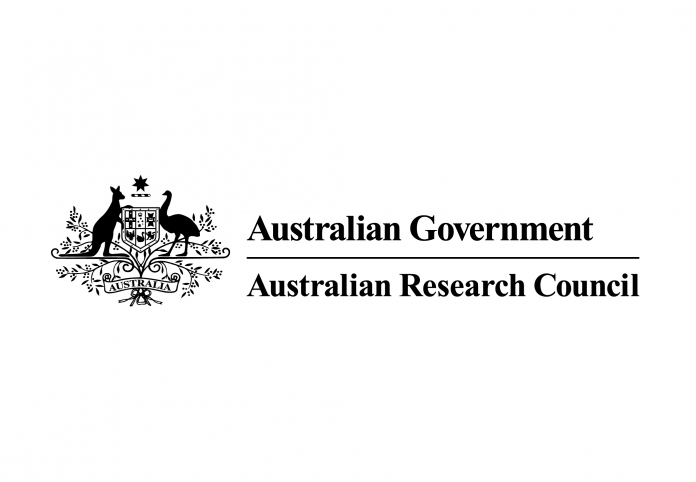
The Federal Government has announced that five new Australian Research Council (ARC) Training Centres will share $24 million in funding to produce world-leading research and real-world commercial outcomes while also creating jobs and business opportunities.
Minister for Education Dan Tehan said the Government is investing in research that will ‘foster strategic partnerships’ between university-based researchers and industry organisations, to find practical solutions to challenges facing Australian industry.
“We want universities to be even more entrepreneurial and engaged with industry,” Mr Tehan said.
“As part of our Job-ready Graduates reforms we provided an additional $900 million to establish the National Priorities and Industry Linkage Fund – with a strong focus on investment in STEM industries – to support universities to produce job-ready graduates for their local industries and communities.
He said the Government will provide a further $48.8 million for regional universities to partner with industry and other universities to boost their research capacity.
“These training centres will drive Australian growth, innovation and competitiveness, improving the lives of everyday Australians, through drug design, and developing new opportunities for business, through the scale-up of hydrogen generation and its export,” the Minister continued.
“Our Government’s investment in these training centres will skill-up our next generation of research leaders so they are job-ready and working together with industry on real-world challenges.”
The five ARC Training Centres announced are:
- ARC Training Centre for Collaborative Robotics in Advanced Manufacturing: This project will develop robotics applications to combine the strengths of humans and robots in shared work environments. This centre is led by Professor Jonathan Roberts at Queensland University of Technology.
- ARC Training Centre in Optimisation Technologies, Integrated Methodologies, and Applications (OPTIMA): This centre will research scientific approaches to improve design functionality, with the potential to transform sectors including advanced manufacturing, energy resources and critical infrastructure. It will be led by Professor Kate Smith-Miles at The University of Melbourne.
- ARC Training Centre for Information Resilience: This project aims to build workforce capacity in Australian organisations to utilise data and improve productivity. This centre will be led by Professor Shazia Sadiq at The University of Queensland.
- ARC Training Centre for The Global Hydrogen Economy: The centre aims to develop and scale-up hydrogen generation and its export. It will be led by Professor Rose Amal at The University of New South Wales.
- ARC Training Centre for Cryo-Electron Microscopy of Membrane Proteins for Drug Discovery: This centre will examine membrane protein structures in detail to lead to structure-enhanced drug design. It will be led by Professor Patrick Sexton at Monash University.



















